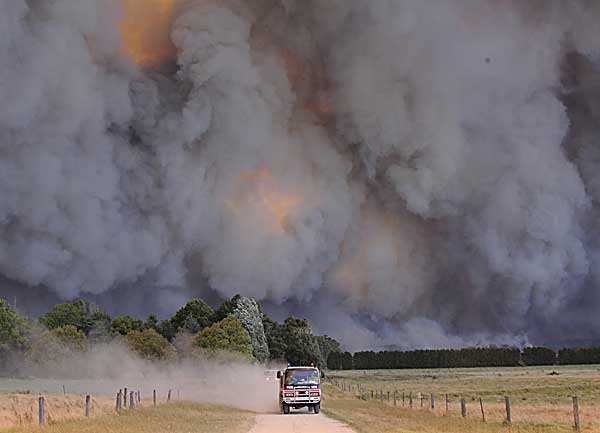Mexico: transport strike in 17 states
Some 500,000 Mexican bus and truck drivers and owners held a one-day strike Feb. 16, slowing freight deliveries and forcing many passengers to find alternative transportation in 17 of the country’s states.
Some 500,000 Mexican bus and truck drivers and owners held a one-day strike Feb. 16, slowing freight deliveries and forcing many passengers to find alternative transportation in 17 of the country’s states.
Gunmen fired on the motorcade of José Reyes Baeza Terrazas, governor of the northern Mexican state of Chihuahua, as it stopped at an intersection in the state capital, killing a bodyguard.
Roberto Orduña Cruz, police chief in Mexico’s violence-torn Ciudad Juárez, quit after several officers were slain this week and narco gangs pledged to kill an officer every 48 hours until he resigned.
Protesters blocked the international bridges in Juárez, Reynosa and Nuevo Laredo to demand the Mexican army pull out of the violence-torn cities. But politicians said the protesters were paid by the cartels.
A team of gunmen in the southern Mexican state of Tabasco opened fire on the home of a state police officer and his extended family, killing 12 people, including six children.
Twenty-one were killed in a clash between the Mexican army and a kidnapping gang in northern Chihuahua state on Monday—and three more in a mopping-up operation on the gang’s ranch headquarters Friday.
Ex-solider Octavio Almanza Moreles AKA “El Gori 4” and six presumed members of the Zetas narco-paramilitary were arrested in the killing an army general who was aiding the Cancún police force.

President Trump announced that the US and Mexico have reached an agreement on a new trade deal called the United States-Mexico Trade Agreement, which will ultimately terminate the North American Free Trade Agreement (NAFTA). Trump called Mexican President Enrique Peña Nieto from the White House to announce the new deal. Among a number of changes to NAFTA, both parties agreed to a provision that would require a significant portion of vehicles to be made in high-wage factories, a measure aimed to discourage factory jobs from leaving the US. Trump said he is in communication with Canada about a new trade deal, but is unsure if it will be part of the US-Mexico Trade Agreement. The Trump administration expects the new pact to be signed by the end of November. (Map: CIA)
In a bid to soften the impacts of the auto industry crisis, Mexican officials are offering financial assistance to foreign-owned companies with maquiladora plants in the northern border states.
Physicians for Human Rights (PHR) charges that Mexico’s investigation into the shooting death of US journalist Brad Will presents a scientifically flawed theory that ignores PHR’s conclusive findings.
Retired army Gen. Mauro Enrique Tello Quiñones, a civilian and another soldier, found dead near the Caribbean resort of Cancún, were tortured before being shot, Mexican authorities report.
Mexico’s Federal Preventative Police announced the arrest of Gerónimo Gámez García, said to be the key middle-man between the Sinaloa Cartel and Colombian cocaine suppliers.